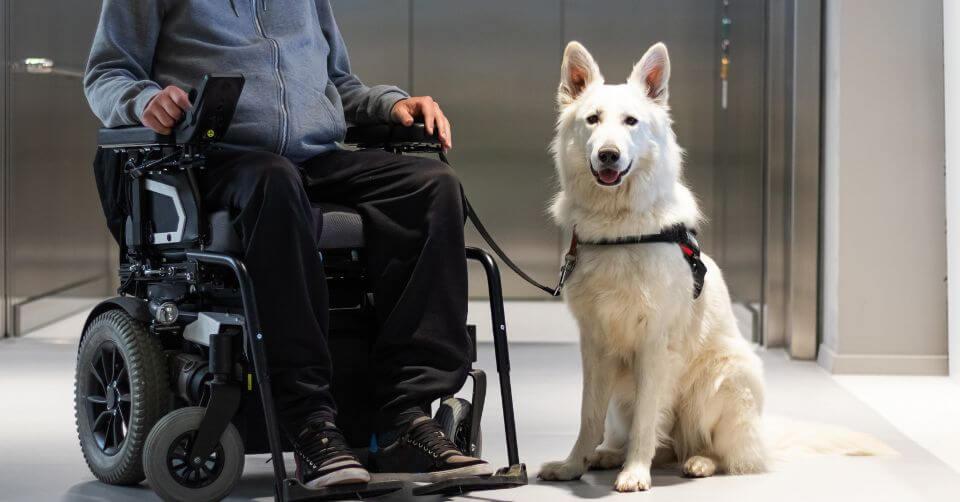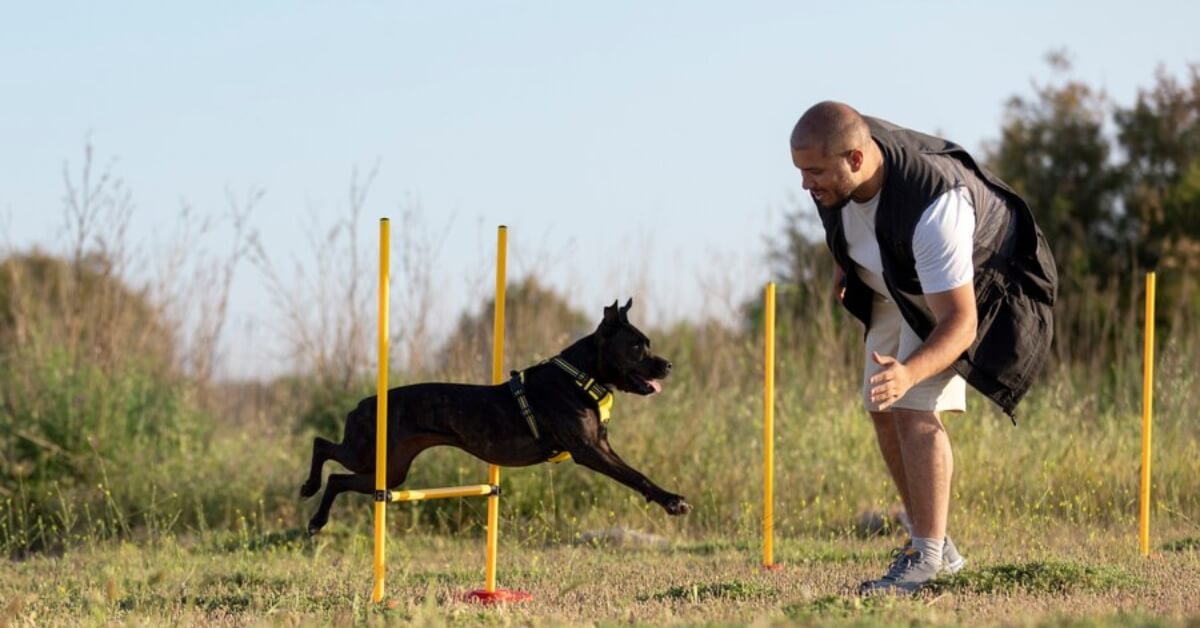Join us on an insightful journey as we delve into the captivating world of therapy dogs and service dogs, exploring their roles, unique qualities, and the profound impact they have on individuals in need.
Understanding Therapy Dogs and Service Dogs

Therapy Dogs: Bringing Smiles and Comfort
Therapy dogs have a soothing presence and offer companionship and emotional support to individuals in various settings. Their gentle and friendly nature provides comfort and joy to those in need.

Service Dogs: A Helping Hand in Independence
Service dogs develop unbreakable bonds with their handlers, fostering trust and reliance on their assistance. These incredible canines are not just pets but highly trained companions that provide invaluable support.
Purpose/Role:
Therapy Dogs
Their primary function is to brighten someone’s day. They are commonly found in places where people need emotional support such as schools, hospitals, and nursing homes. They are known to help in reducing anxiety, blood pressure, and even to improve mental health conditions like depression.
Service Dogs
These dogs are assigned to people with disabilities. They assist these individuals in their day-to-day tasks like opening doors, fetching things, or even more complex tasks like recognizing and reacting to seizures in people with epilepsy.
Training:
Therapy Dogs
These dogs need to be social and adaptable to various environments and situations. Their training usually involves learning how to behave around different people and in different environments. They don’t typically need advanced task-specific training.
Service Dogs
These dogs undergo extensive and specific training. This training is catered towards the disability of their handler, teaching the dogs how to perform tasks that the handler can’t do themselves due to their disability.
Certification:
Therapy Dogs
They can be certified through various organizations, but there is no legally mandated certification process. Each organization has its own requirements for certification, which usually involve a behavioral test.
Service Dogs
Legally, there is no required certification or registration process for service dogs. However, they must meet the criteria set by the Americans with Disabilities Act (ADA), which primarily entails being trained to do work or perform tasks for a person with a disability.
Access:
Therapy Dogs
They generally do not have special access rights to public places unless explicitly allowed by the facility. They are typically brought into public facilities on an invitation basis.
Service Dogs
Under the ADA, they have legal rights to accompany their handlers in most public places, including businesses, government buildings, and modes of public transportation.
Public Behavior:
Therapy Dogs
They must be well-behaved, friendly, and comfortable around different people and animals. They are also expected to stay calm in different environments.
Service Dogs
They are expected to be under control at all times, and should not show signs of aggression. Despite distractions, they are trained to focus on their work, to ensure the safety of their handler.
Health Benefits:
Therapy Dogs
Interaction with therapy dogs can lower blood pressure, promote the release of beneficial hormones like oxytocin, and reduce levels of stress hormones like cortisol. They can help improve mental health by reducing feelings of anxiety, loneliness, and depression.
Service Dogs
They help with practical tasks, thereby enhancing their handlers’ independence, safety, and quality of life. They can also help mitigate the effects of certain medical conditions, respond to emergencies, and even fetch medication.
Handler’s Disability:
Therapy Dogs
A therapy dog handler does not need to have a disability. They merely accompany the dog to facilitate therapy sessions for others.
Service Dogs
They are assigned to handlers who have a disability, as defined by the ADA.
Dog Breeds:
Therapy Dogs
Service Dogs
Length of Service:
Therapy Dogs
Service Dogs
Costs and Expenses:
Therapy Dogs
Service Dogs
Task Specialization:
Therapy Dogs
Service Dogs
Legal Protection:
Therapy Dogs
Service Dogs
Conclusion
FAQs
How can I train my dog to be a therapy dog?
Can any breed of dogs become a therapy dog?
How long does it take to train a therapy dog?
Can I register my dog as a therapy animal?
Yes, you can register your dog as a therapy animal. The registration process typically involves documentation, evaluations, and compliance with regulations set by therapy animal organizations.





